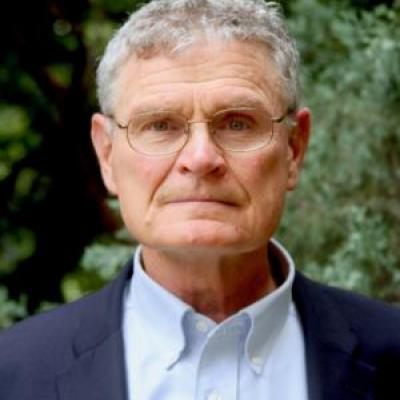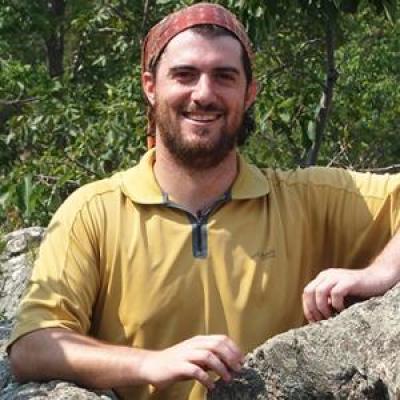Virginia Iglesias is a Research Scientist in Earth Lab working on the effects of climate variability on social-environmental systems.
The Climate Coupling project seeks to measure the strength of coupling between climate drivers and social-environmental systems and to explain those measurements as a function of management interventions.
Damage from natural hazards is increasing despite the growing ability of the geo-sciences to delineate where and when extreme events will occur. We show that decades of risky development has increased exposure to the most damaging natural hazards.
Environmentally, what is extreme? What can we do to mitigate their impacts? Our research aims to answer these questions and brings an interdisciplinary, big-data perspective to risk assessment.
Earth Lab takes a collaborative, big-data approach to answering some of our most pressing questions related to fire. We seek to understand what controls fire in the landscape, how fire is changing, and what this means for society.
In the face of increasing frequency and severity of disturbances to western U.S. forests, this effort integrates data from individual trees to entire ecoregions to advance understanding of western forest recovery.
A changing environment offers risk and opportunity. We explore ways to use weather and climate information, from short-term weather forecasts to long-term climate projects, to make better adaptation decisions.
At Earth Lab, we often use data from diverse sources to facilitate inquiry, from the more conventional remote sensing datasets such as multispectral satellite imagery and radar backscatter, airborne lidar data, and high-resolution UAV imagery, to the less traditional datasets such as social media feeds, housing layers, and event databases.
Iglesias










